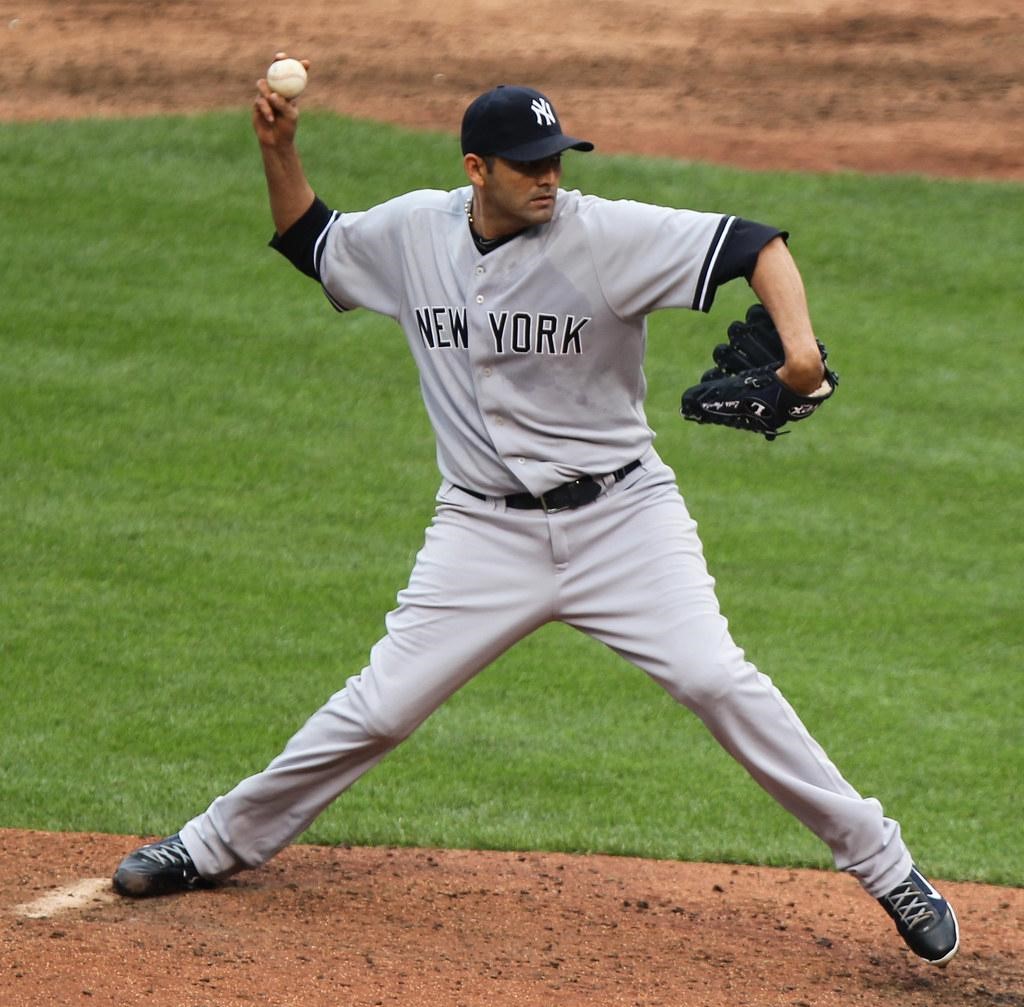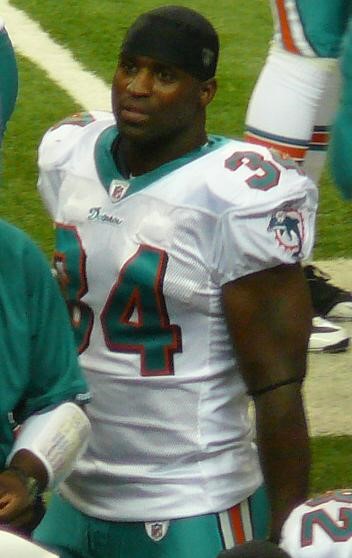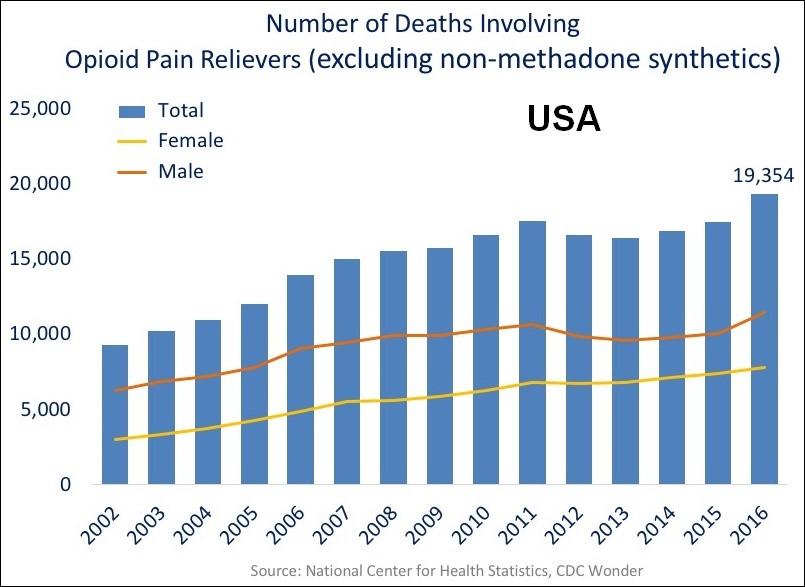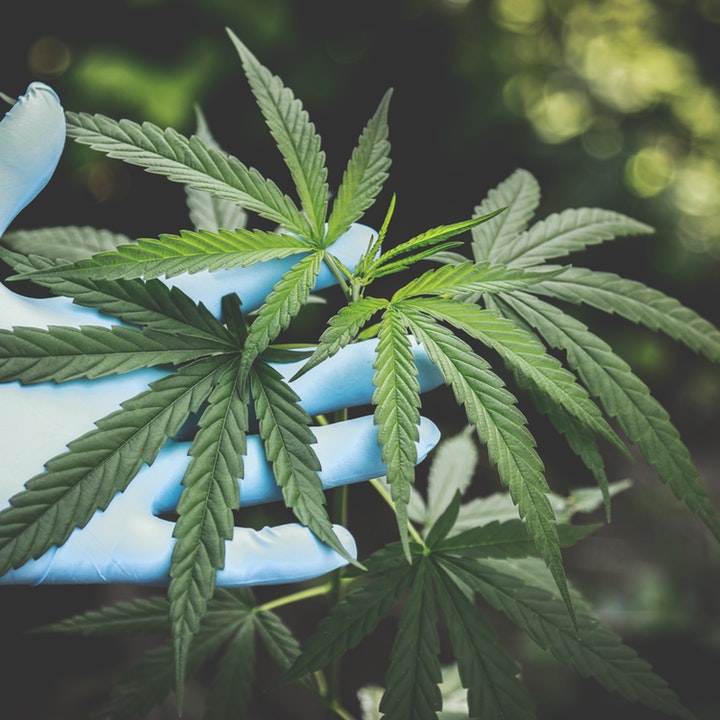Cannabis has reached a new height in acceptance as an entire nation in Canada and most of America have legalized the substance. So much so that many are calling for major sports leagues, like the NFL, to loosen their rules regarding cannabis.
This year’s April 20th, “4/20” holiday marks a cannabis celebration inspired by the code, “Louis 4:20” five San Rafael High School students used in 1971, who scheduled their marijuana meetups at the same time each day, “outside the Louis Pasteur statue, man,” according to one pot historian.
After popularizing their code through connections with the famous jam band, the Grateful Dead, culminating into a High Times article on 4/20 in the 1990s, the day became associated with mindless pot indulgence. Nearly an official holiday, the celebration creates a major economic boost for marijuana stores and clinics.
Legal cannabis makes for big business. According to Flowhub data, Denver dispensaries show a 128% increase in sales in the lead up and crest of the holiday. With the majority of the United States offering some form of medical and recreational marijuana, the cultural celebration of cannabis has never been more popular.
With cannabis prohibition waning, and acceptance on the rise, the question of whether to allow cannabis into our major sports leagues begins to arise. While banned as a controlled substance for most of their history, today, major sports leagues have begun to reconsider their views on the plant.
 Major League Baseball doesn’t take a punitive stance toward cannabis and many players report using it for pain, relaxation, and stress relief
Major League Baseball doesn’t take a punitive stance toward cannabis and many players report using it for pain, relaxation, and stress relief
Major League Baseball began rigorous testing for various performance enhancing drugs, or PEDs, back in 2003, and for good reason. Players like Jose Canseco, Mark Mcgwire, and Rafael Palmeiro embodied the 90s, “steroid era,” when use of PEDs was rampant. However, the MLB didn’t pay much mind to cannabis.
In Major League Baseball’s view, cannabis didn’t qualify as a performance enhancing drug, like steroids or human growth hormone, and thus it wasn’t outlawed. It cannot make you stronger, or improve a player’s hitting ability, so the MLB largely allows players to use marijuana with little consequence.
Although minor league baseball does drug test for cannabis, once a player reaches the big show, these tests stop. Dick Hayhurst, a former MLB player, described to High Times Magazine that the MLB is like a, “Cheech and Chong experiment,” and sometimes teams will call up players from the minors just to avoid consequences for positive tests.
Similarly, the NHL also takes a lenient stance toward cannabis. According to Former NHL player Riley Cote, half of his peers used cannabis from 2006-2010. He described to Leafly that, “The league is pretty liberal when it comes to cannabis. Players are using it and even talking about it in front of their coaches. ”

Ricky Williams, former NFL running back, faced multiple suspensions for cannabis. Today, he owns Power Plant Fitness, a cannabis gym where you can work out and indulge
Riley Cote also described why NHL players reach for cannabis, citing pain management and recovery properties as main incentives for players. “Players often use it to come down after a game.” he continued, “they use it now the way they once used alcohol or Ambien.”
Cannabis has many medical effects. Most notably, cannabis has proven strength as an anti inflammatory, so it can serve as a good exercise aid, both pre and post workout, as Cote described. So much so that Pennsylvania’s medical marijuana program became the first to offer cannabis as a substitute pain reliever for those addicted to opioids.
In terms of pain relief, studies show cannabis has significant analgesic properties, most notably for neuropathic pain.
In their 2017 review of cannabis pain relief, Donvito et al found that cannabis inhibited certain receptors in the brain responsible for metabolizing feel good endorphins, effectively offering “opioid-sparing antinociceptive effects in myriad preclinical inflammatory and neuropathic pain models.”
In spite of this, the largest professional sports league, one which sees a lot of players struggle with chronic pain, still treats marijuana like a substance with no medical value, barring players from using it, even in states and countries where it is legal.

Opioid painkillers have a high potential for abuse, and unlike cannabis, can be fatal in higher doses.
The National Football League, or NFL, has a rigorous punitive system for cannabis offenses. Players who test positive may receive hefty fines, suspensions, and even de facto banishment from the league. Despite the risk, many NFL players still smoke pot as an alternative to harmful opioids like oxycontin.
Superbowl winning tight end, Martellus Bennett, described in an interview with the Washington Post that, “there are times of the year where your body just hurts so bad…You don’t want to be popping pills all the time.” Instead of pills eating away at your liver, he championed that cannabis can be used naturally. “A human made [pain pills],” he continued, “God made weed.”
While weed still can put an NFL player out of work, former defensive tackle Marvin Washington believes the NFL will adopt marijuana friendly policies similar to the MLB and NHL as soon as the next collective bargaining agreement, in 2021.
In an interview with CBS News, Washington doubled down on his claims, asking NFL owners and players, “would you rather guys use the opiates — which are highly addictive and damaging to your body — or would you rather use a plant that’s natural non-toxic and it’s healthy for you?”
As cannabis becomes more readily available and accepted in America and Canada, sports leagues must question whether it makes sense to punish players for cannabis use, or allow them to use the substance for its medical effects.
Cote, the NHL player who regularly observed his peers marijuana use, believes major sports will brighten up to cannabis soon, and in a big way. “When the US government changes the legal status of cannabis,” Cote told Leafly, “the entire landscape of professional sports will change with it.”
About the Author
Chris Matich is a professional writer, journalist, SEO specialist, and editor living in Pittsburgh, PA. Chris blogs for Schenley.net. His writing interests include LGBT+ people/issues, sports writing, and cannabis. Chris currently writes for SEO purposes for cannabis clients, as wel as creative pieces about medical cannabis, and cannabis lifestyle. He writes fiction and creative nonfiction in his spare time. Twitter: @Pghmatich

